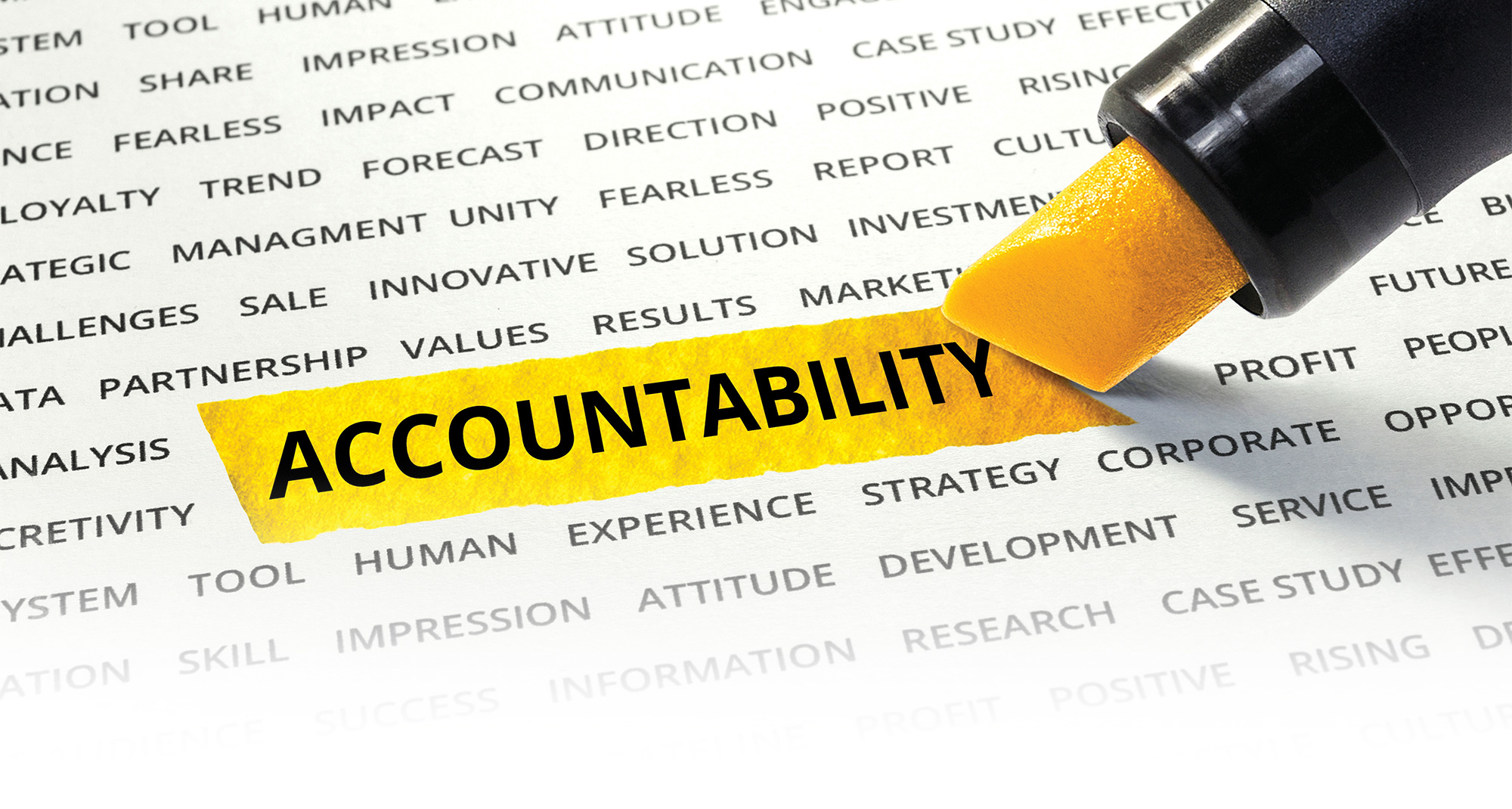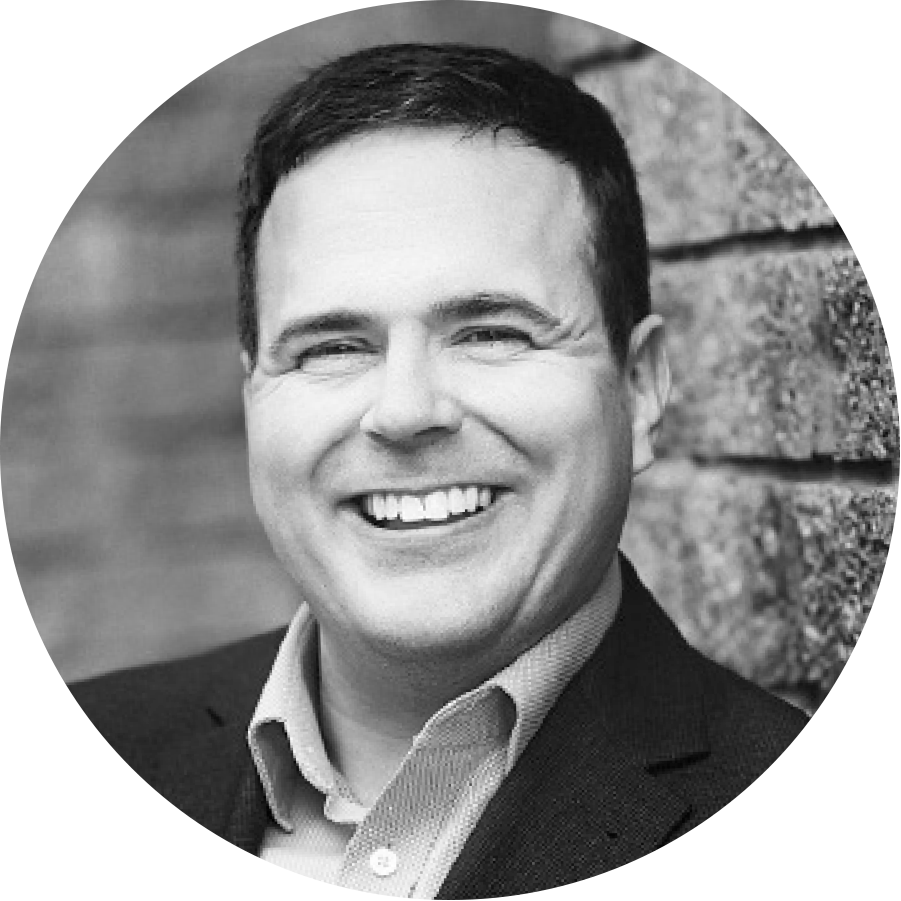
e all have moments when our credibility is on the line, and this was one of them. I was visiting a long-term client’s office, where just two hours prior I had presented a training on conflict and accountability to the entire human resources team. I winced as I heard a highly visible, veteran employee named Drew express his opinion about senior management in a highly unprofessional way. My wince was especially deep because Drew had uttered the comments in front of a set of new employees who had just joined the team. It was one of those moments when, if the wrong ears had been around, there was a good chance Drew would have been shown the door before the end of the day. I knew if I was going to maintain my integrity and credibility I would need to confront Drew about his comments and hold him accountable for his behavior.
- Our brains detest uncertainty and, when faced with the unknown, will go to great lengths to fill the mental gap.
- We are social creatures who need a tribe, and having conflict with fellow tribe members can put at risk the physical and emotional resources that we depend on others to provide.
- We have a great need to believe that we’ve made the right choices. Our brain abhors admitting error or fault for fear that it calls all our other decisions into question. We can endure amazing amounts of cognitive dissonance if it keeps us from having to admit our errors.
I knew that Drew was looking to leave my client, but I also knew that he valued his reputation and wanted to author his own exit. Drew’s comment represented a low moment, but I suspected it was not a deliberate attempt to undermine the team. In short, his comment had likely been without ill intent.
I waited for the right time, took a deep breath, pulled Drew aside to a private spot, and said, “I overheard your comments earlier today. When you express your thoughts and feelings in the open and with such negative energy, it undercuts team unity and robs new employees of their opportunity to form their own opinion about the company. I know that you are working to find a new role that will meet your needs, but I also believe that you want to author your exit from the company on your own terms and with your peers’ and the company’s goodwill.” Drew’s head immediately slumped, and he said “I knew what I’d done as soon as I said the words. I should have expressed my thoughts in a more constructive manner and venue. I do want to leave in the near term, but I also want it to be on my terms. This moment doesn’t feel great, but thank you for holding me accountable.”
Drew wasn’t my direct report on the day of the incident. So why did I hold him accountable, and why did I do it directly instead of going to his supervisor? When working with clients on accountability, I always start by asking them, “What does the word mean to you?” Almost universally I hear answers that involve focus on self-accountability, which means being responsible for, and capable of explaining, one’s own actions. This definition is the standard version we learn as young children. Based on the frequency with which I hear this type of answer, and my experience working with clients, many individuals and teams never progress much beyond that definition. However, while self-accountability is necessary, it is not sufficient to create great teams or workplaces. Great teams and workplaces require universal accountability, which I define as a culture where everyone is able to, expected to, and given permission to hold anyone else accountable for the betterment of the team. And to be clear, “anyone” truly means anyone from the CEO down to the newest hire. If I hadn’t held Drew accountable myself, I wouldn’t have been helping to create a culture of universal accountability. My other choices were to not hold Drew accountable, thus contributing to a culture of weak accountability, or to go to his supervisor, which would have contributed to a culture of “Mom-and-Dad” accountability. The former leads to resentment and low team engagement, while the latter takes longer, relies on second-hand information, and wastes valuable leadership time.
I’m happy to report that after our interaction, Drew was much more intentional and considerate about his language in the office. He successfully completed his tenure with the client, departed on good terms, and is currently happily employed with a new employer. Universal accountability won’t avert conflict in the workplace, but establishing the ground rules by which everyone is held to the same standard of accountability and really leans into the process will help build a more positive, receptive, and productive organizational environment.
